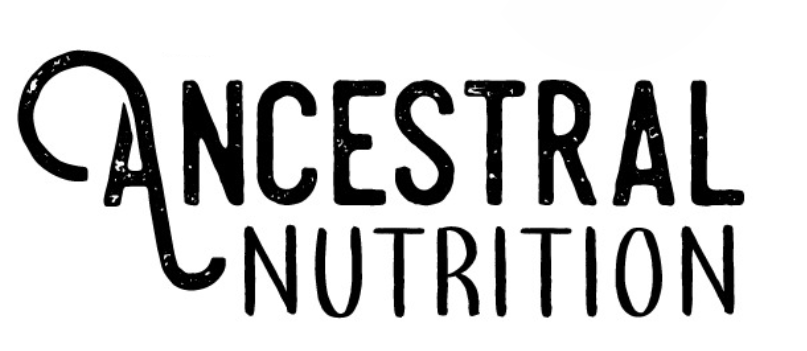I love red wine so much.
I love wine while cooking. It’s great for hangin’ out. I like it while watching sports. I’d say I’m a wino, but I only drink organic wine, and I don’t drink too much (except ya know, once in a while, like on my birthday).
Wine is a fermented drink that is made by allowing grapes to ferment.
The chemical composition promotes fermentation without adding enzymes, sugar or water. Yeast consumes the sugars in the grapes, turning them into alcohol.
The wine we know of today has been consumed for thousands of years, making this a drink our ancestors definitely enjoyed. From National Geographic,
Wine snobs might shudder at the thought, but the first wine-tasting may have occurred when Paleolithic humans slurped the juice of naturally fermented wild grapes from animal-skin pouches or crude wooden bowls.
If it’s good enough for my ancestors, it’s good enough for me.
Recently I’ve noticed something that I couldn’t ignore: My digestion is always better when I drink wine with dinner.
Why is that? I thought. Am I making this up as an excuse to drink more wine? Is this psychosomatic?
Nope. It got to the point where it was hard not to notice the improved digestion. So I decided to do some more research on wine. I knew that wine is rich in resveratrol, but why did it seem to improve my digestion so drastically?
It turns out that wine is a good source of both probiotics and prebiotics.
The American Journal of Clinical Nutrition recently performed a study in which men gave up all alcohol for two weeks, a “washout” period. Then each group was given red wine, wine with the alcohol removed and gin.
The results were very exciting (to me at least).
The dominant bacterial composition did not remain constant over the different intake periods. Compared with baseline, the daily consumption of red wine polyphenol for 4 wk significantly increased the number of Enterococcus, Prevotella, Bacteroides, Bifidobacterium, Bacteroides uniformis, Eggerthella lenta, and Blautia coccoides-Eubacterium rectale groups…This study showed that red wine consumption can significantly modulate the growth of select gut microbiota in humans, which suggests possible prebiotic benefits associated with the inclusion of red wine polyphenols in the diet.
The researchers also said,
We found that red wine polyphenols can inhibit non-beneficial bacteria from the human microbiota and potentiate the growth of probiotic bacteria such as bifidobacteria, which could be implicated in the reduction of CRP and cholesterol observed in our study, promoting health benfits in the host.
They also discovered that red wine drastically improves inflammation, triglycerides, and hypertension.
So, how often should you get your red wine on?
Sticking to a glass or two is a good idea, and don’t imbibe too often. If you’re going out with friends, red wine is obviously a healthier choice than a gluten and GMO filled beer.
Make sure you’re drinking organic wine! Any health benefits of red wine are going to be mitigated by wine from grapes that have been doused in pesticides, herbicides, and fungicides. Is organic red wine is not available in your area, don’t worry! You can order online for a reasonable price!
Here are some great options:
Parducci Best of Mendocino Red Mixed Pack
2010 Paul Dolan Vineyards Cabernet Sauvignon Mendocino County
NV Ten Spoon Farm Dog Red Wine
2009 Stoltz Organic Pinot Noir
Sources:
http://news.nationalgeographic.com/news/2004/07/0721_040721_ancientwine.html
http://www.sciencedirect.com/science/article/pii/S0027510705002824
http://www.ncbi.nlm.nih.gov/pubmed/22552027
http://www.exploresupplements.com/red-wine-proves-probiotic-friendly



